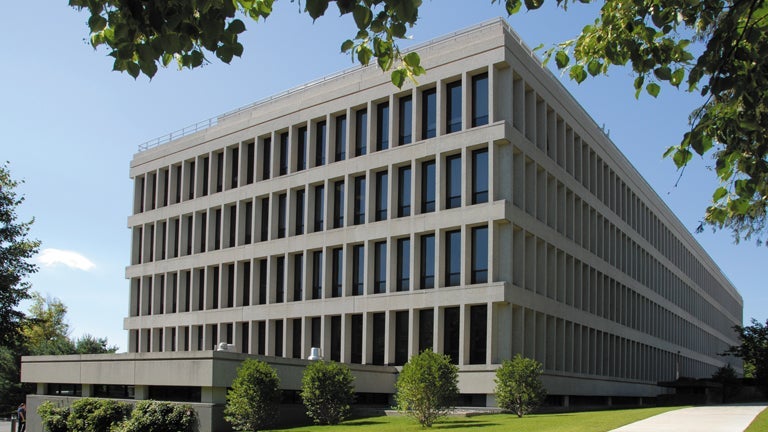Arrhythmia
Irregular Heartbeat
Arrhythmia refers to a heart rhythm that is either too fast (tachycardia), too slow, or erratic. Some people with heart arrhythmia don’t even know they have it because the irregular heartbeat is so mild. For others, the abnormal heartbeat is more pronounced and can lead to complications. The cardiac care team at Bassett Healthcare Network provides treatment for arrhythmia and a range of other heart conditions.
Arrhythmia Symptoms
Symptoms of abnormal heart beat may include heart palpitations, shortness of breath, chest pain, fainting, or in some cases, no symptoms at all.
What Causes Arrhythmia?
Your heart muscle gives off electrical impulses that cause it to beat, called the electrical conduction system. When any part of that system malfunctions, the heartbeat becomes irregular.
The cause of that malfunction might be a medical condition, such as diabetes, hypertension, or alcoholism. Other risk factors we often see associated with heart arrhythmias include:
- A personal history of heart disease, congestive heart failure, having suffered a heart attack, or hyperthyroidism (an overactive thyroid)
- Lifestyle factors, such as excessive exercise or smoking
- Using stimulants, including too much caffeine, herbal drugs, diet medications, or street drugs, such as cocaine
Ventricular fibrillation, a specific type of arrhythmia, is caused by the ventricles (the large chambers of the heart) not beating forcefully enough to send oxygen-rich blood throughout the body. Instead of their normal rhythm, the ventricles “flutter” and eventually the heart stops beating.
Arrhythmia Treatment
When our heart specialists treat arrhythmia, they aim to normalize the heartbeat, relieve any noticeable symptoms, and avert complications. Sometimes only part of the heart is malfunctioning, such as when only the heart’s upper chambers (atria) beat too quickly, a condition called atrial flutter. Treatment for arrhythmia usually begins with medication. Additional treatment options include:
- Conventional pacemakers
- Leadless pacemakers, which are implanted in the heat via an IV in the femoral vein
- Implantable defibrillators, which have no leads and require no incisions, and are recommended for patients with abnormally slow heart rhythms
- Electric shock to regulate the heartbeat
- Cryoablation, a procedure that freezes heart tissue to stop abnormal heart rhythms, such as atrial fibrillation
Schedule an Appointment for Diagnosis & Treatment
Self-management of arrhythmia includes not smoking, avoiding stimulant drugs, moderating your use of alcohol and caffeine, and managing your stress. If you need help in any of these areas, or if you’re experiencing symptoms of arrhythmia, ask your primary care physician or practitioner to schedule an appointment with one of our heart care specialists.
Bassett Healthcare Network’s heart specialists treat arrhythmias across Central New York, including at our Cooperstown, Oneonta, Herkimer, Little Falls, and Delhi locations.

